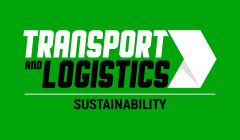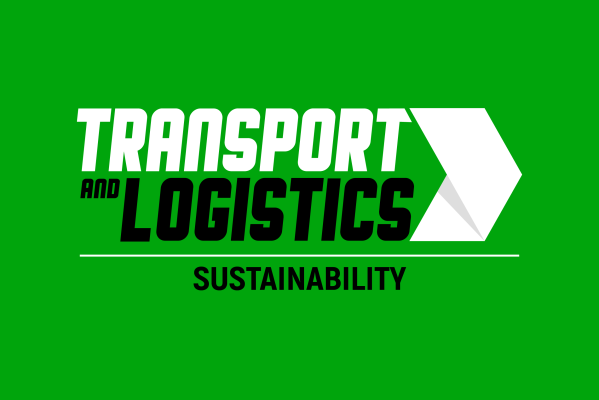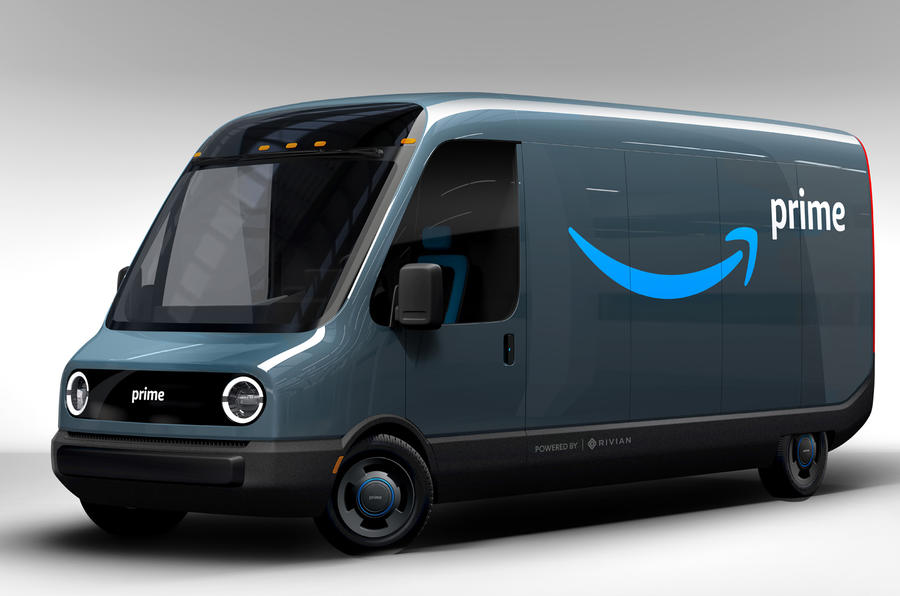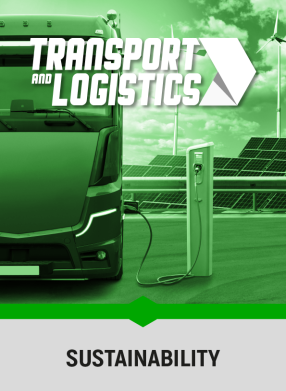Amazon has placed an order to EV start-up Rivian for 100,000 electric delivery vehicles. The manufacturer is aiming to produce a range of go-anywhere 4×4 EVs built on its own bespoke platform, showcasing the R1 SUV and R1T pick-up at last year’s Los Angeles motor show.
The internet retailer invested $440 million (£350 million) to lead a $700 million (£544 million) investment round in Rivian earlier this year, and has now furthered those links with the massive order, which it says is the largest ever made in an electric delivery vehicle.
Amazon says that the first Rivan-built vans will go into service in 2021, with the plan to have 10,000 on the road by 2022 and all 100,000 in operation by 2030.
The order was announced by Amazon as it unveiled the Climate Pledge, calling on signatories to reach net zero carbon by 2040, 10 years ahead of the targets set by the Paris Accord. Amazon said that the investment and vehicle order in Rivian would “accelerate the production of electric vehicles critical to reducing emissions from transportation”.
While no details of the technical specifications of the van, preview images released by Amazon showed it badged with the firm’s Prime delivery service, and ‘powered by Rivian’ on the side sill. That suggests they could be made on Rivian’s bespoke EV platform to a body design specified by Amazon.
The retailer has long been looking for ways to reduce costs and improve the efficiency of its delivery operation, particularly in terms of ‘last mile’ deliveries to customers in cities. Switching to electric vans would both cut fuel costs and ensure Amazon vehicles were not affected by low emissions zones increasingly being established in cities.
There is no indication where the vans will be deployed, although they are likely to focus on major cities in the USA.
The order is a huge boost to Rivian as it gears up to start production at a plant in Illinois, in a facility previously used by Mitsubishi. The plant has a capacity to produce 350,000 units per year, with Rivian’s initial goal to sell 50,000-60,000 of its premium electric off-roaders per year by 2025.












